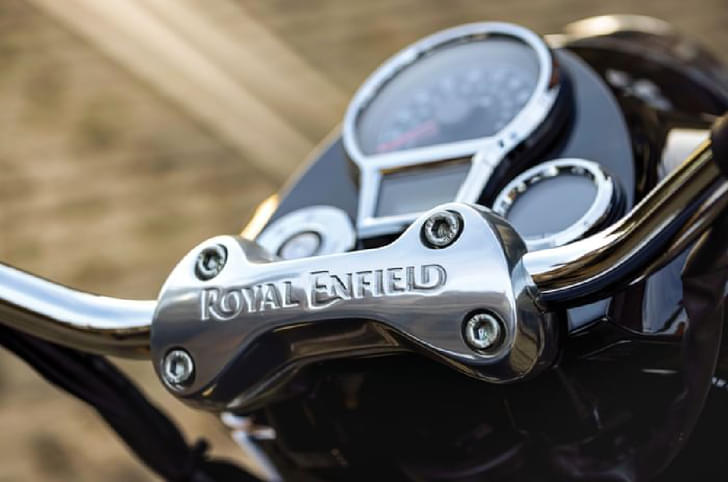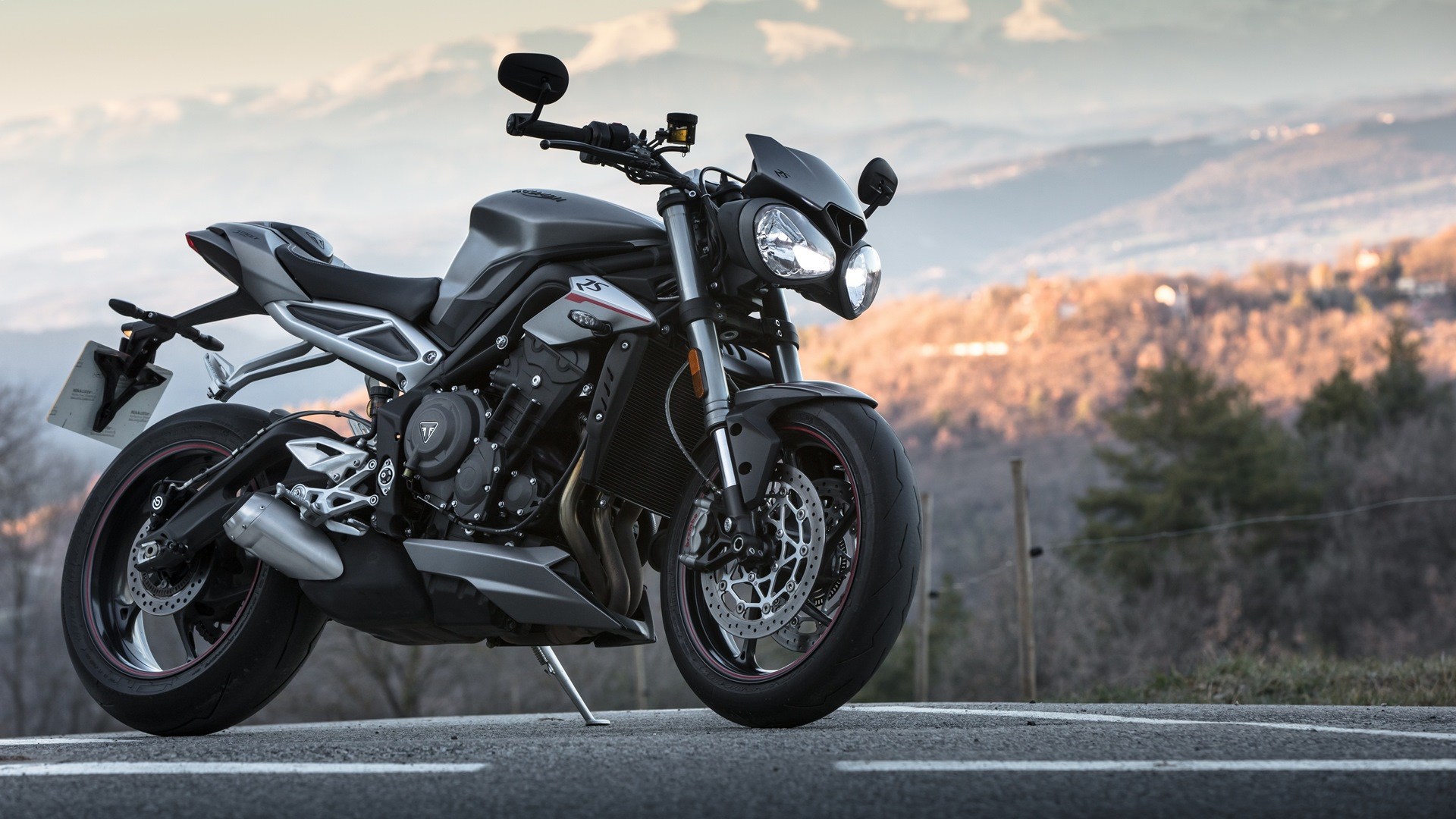True to its word, Hero MotoCorp unveiled the production version of the Xtreme 200S concept that was showcased at the 2016 Auto Expo. The new Xtreme 200R is the flagship offering from the largest two-wheeler manufacturer in India and it made its public debut at the Auto Expo this year. Although it’s powered by a 200cc motor, Hero has positioned the new motorcycle more like a performance-commuter motorcycle rather than an outright performance bike – as one would imagine, given its displacement. This means that the Hero Xtreme 200R rivals motorcycles from two different segments, including the Bajaj Pulsar 180, TVS Apache RTR 180, Bajaj Pulsar NS 200 and the TVS Apache RTR 200. So how does the new Hero motorcycle stack up against its competition on paper? We get you the answer.
Looks matter
One glance at the Hero Xtreme 200R is enough for you to gauge that most of the styling cues from the concept model have been carried forward to the production bike; it gets the sharp-looking headlight with LED DRLs and the sharp lines on the fuel tank and the tail section. The multi-spoke alloy wheels, snazzy graphics and the exposed chain look good, but the oversized exhaust muffler doesn’t flow well with the overall design and split-seats would have added a dash of sportiness to the bike. The TVS Apache RTR 200, on the other hand, looks every bit a street fighter with its chiselled lines and sculpted bodywork – and the same applies to the Pulsar NS 200. Even though the basic design of the Pulsar NS 200 is more than half a decade old, Bajaj designers have cleverly used restyled graphics and new colour options to make the bike look fresh.
At one point, the TVS Apache RTR 180 and the Bajaj Pulsar 180 set the benchmark in styling, but both the bikes are starting to show their age now, and are in need of a design overhaul. Barring the TVS Apache RTR 200, all other motorcycles employ a semi-digital instrument console and it isn’t surprising that the RTR 200’s unit houses the most amount of info – including a lap-time recorder signifying its performance-oriented characteristics. The Hero Xtreme 200R, Apache RTR 180 and the Pulsar 180 have more upright riding ergonomics, while the posture on the Pulsar NS 200 and the Apache RTR 200 is slightly sporty since both bikes get clip-on handlebars.
Power struggle
Powering the new Hero Xtreme 200R is an indigenously developed air-cooled, single-cylinder motor which is based on the Hero Achiever 150’s motor. The 199.6cc powerplant delivers 18.4hp at 8,000rpm and peak torque of 17.1Nm is available at 6,500rpm. In comparison, the TVS Apache RTR 200’s power figures stand at 19.7hp for the carburettor variant and 20.7hp for the fuel-injection version, while torque is similar for both the variants at 18.1Nm. It’s the Bajaj Pulsar NS 200 that leads the charge when it comes to grunt as the liquid-cooled motor pumps out 23.2hp and 18.3Nm of peak torque.
The Pulsar NS 200 is also the only motorcycle in this segment to get a six-speed gearbox; the others make use of five-speed units. The Pulsar 180's 179cc mill produces 16.8hp and 14.2Nm of torque, while the Apache RTR 180 makes the least powerful figures of 16.4hp and 15.5Nm. Hero claims that the new 200cc motor has been tuned to offer better low-end and mid-range performance, so as to make commuting faster rather than make it an outright performance motor. If you want quick acceleration and higher top speed, the Pulsar NS 200 and Apache RTR 200 are the better options.
Underpinnings
The Bajaj Pulsar NS 200 is the only bike in this comparison that employs a perimeter frame. Both the Apaches and Pulsar 180 feature a double-cradle frame. The Hero Xtreme 200R is equipped with a diamond-type chassis. All the motorcycles feature telescopic front forks, while the Xtreme 200R, Apache RTR 200 and the Pulsar NS 200 get monoshock suspension at the rear. Braking is done via disc brakes on both ends for all the five motorcycles, but it's only the TVS Apache RTR 180 and RTR 200 4V that offer dual-channel ABS as an optional extra. The Pulsar NS 200 and Xtreme 200R get single-channel ABS as an option.
In terms of weight, the TVS Apache RTR 180 is the lightest at 139kg, followed by the Pulsar 180 at 145kg, which beats the Xtreme 200R by just 3kg. The heftiest bike in this comparison is the Pulsar NS 200 at 154kg, while the Apache RTR 200 tips the scale at 149kg.
In terms of saddle height, the Apache RTR 180 and Pulsar 180 are the most accessible at 790mm, followed by the the Xtreme 200R at 795mm. Figures for the Apache RTR 200 stands at 800mm and the Pulsar NS 200 at 805mm.
Pricing
The Xtreme 200R has been priced at Rs 88,000 (ex-showroom). However, only eight North-eastern states in India are listed and each shows the same price on the official Hero website.* In comparison, the TVS Apache RTR 200 4V retails for Rs 95,685 while the fuel-injected variant will lighten your wallet by Rs 1.08 lakh. You can get your hands on the Bajaj Pulsar NS 200 for Rs 99,411 for the non-ABS version, while the Pulsar 180 will set you back by Rs 83,347. Prices for the base variant of the Apache RTR 180 start at Rs 82,683, going up to Rs 93,497 for the dual-channel ABS variant.




































